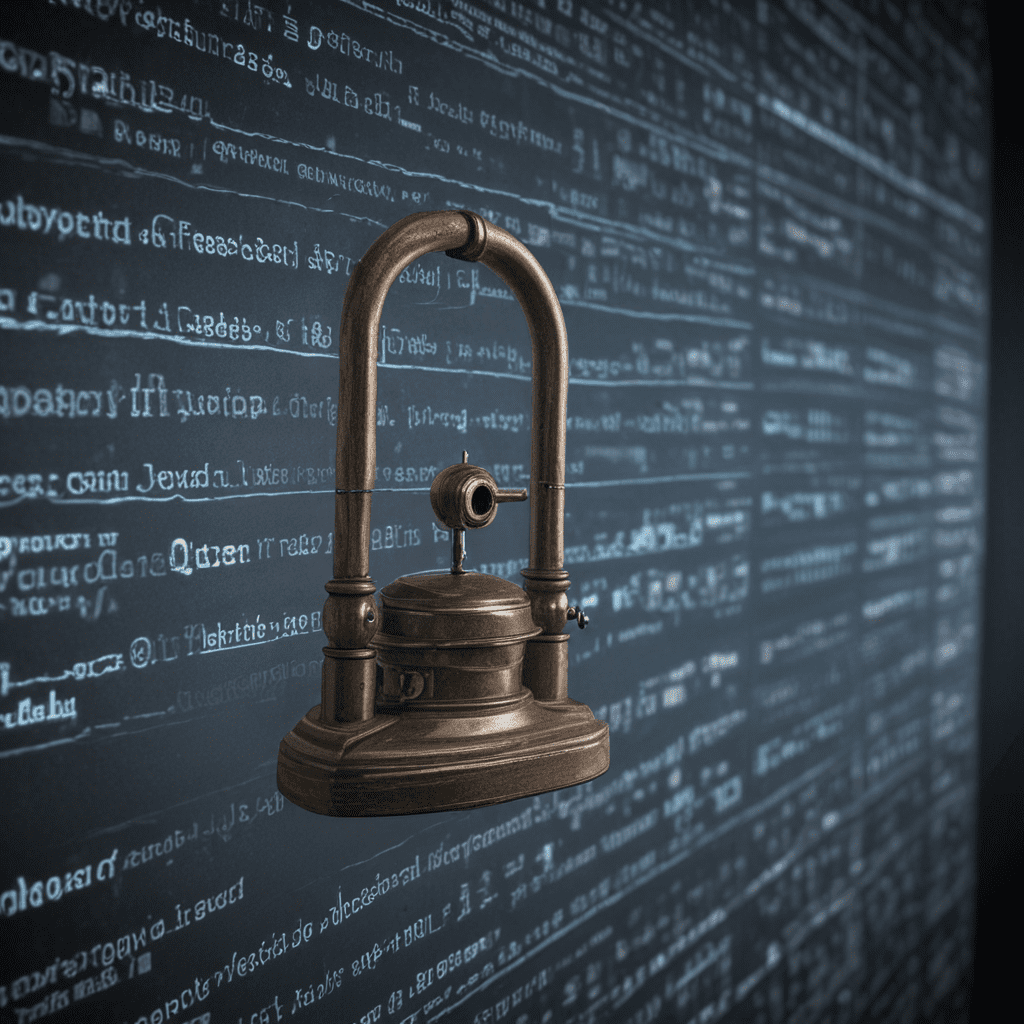
Data Privacy in Government: Balancing Transparency and Security
1. Introduction
In the digital era, governments worldwide handle vast amounts of personal data from their citizens. Balancing transparency and security in data privacy has become paramount to protect sensitive information while fostering accountability and public trust. This article delves into the challenges, best practices, and implications of data privacy in government, highlighting the critical role of technology in safeguarding citizen information.
2. The Importance of Data Privacy in Government
Protecting citizen data is essential for several reasons. First, it safeguards personal information from unauthorized access and misuse, preventing identity theft, financial fraud, and other cybercrimes. Secondly, data privacy promotes trust between the government and its citizens. By ensuring that personal information is handled responsibly, governments can demonstrate their commitment to protecting citizen rights and privacy. Finally, data privacy supports transparency and accountability in government operations. Access to government data enables citizens to scrutinize decision-making processes, foster informed public discourse, and hold government officials accountable.
3. The Challenges of Balancing Transparency and Security
Balancing transparency and security in data privacy poses several challenges. The government's obligation to provide transparency to the public can conflict with the need to safeguard sensitive information. Additionally, the rapid advancement of technology constantly introduces new vulnerabilities and threats to data security. Striking a balance requires a comprehensive understanding of the risks and benefits involved and the adoption of robust security measures to mitigate risks while maintaining transparency.
4. Legal and Regulatory Framework for Data Privacy
Legal and regulatory frameworks play a crucial role in governing data privacy in government. Laws such as the Freedom of Information Act (FOIA) and the Privacy Act of 1974 establish guidelines for accessing and protecting government information. These frameworks define the scope of data collection, use, and disclosure by government agencies, ensuring compliance with data privacy principles and safeguarding citizen rights.
5. Best Practices for Protecting Data Privacy
Establishing strong data privacy practices is vital for governments. Best practices include implementing data classification systems to categorize and protect data according to its sensitivity; employing encryption and access controls to prevent unauthorized access; regularly updating and patching IT systems to address security vulnerabilities; educating and training government employees on data privacy responsibilities; and conducting risk assessments to identify and mitigate data security threats.
6. Data Privacy in the Digital Age
The digital age has transformed data privacy considerations for governments. The internet and mobile devices have increased the accessibility and interconnectedness of data, posing significant data security challenges. Governments must adapt their data privacy policies and strategies to address emerging technologies like cloud computing, artificial intelligence, and the Internet of Things (IoT), ensuring responsible data handling while harnessing the benefits of technological advancements.
7. The Role of Technology in Data Privacy
Technology plays a pivotal role in safeguarding data privacy in government. Advanced tools such as data anonymization and pseudonymization techniques help mask and de-identify sensitive data, preventing it from being easily linked to individuals. Intrusion detection and prevention systems monitor networks for suspicious activity and protect against cyberattacks. Blockchain technology provides tamper-proof mechanisms for data storage and management, boosting security and transparency.
8. The Impact of Data Privacy on Government Operations
Data privacy regulations and requirements can impact how governments operate. Compliance often necessitates additional processes and resources to ensure responsible data handling. However, it also presents opportunities for improvement by driving transparency initiatives, promoting digitalization, and strengthening public accountability. Balancing the impact of data privacy on government operations requires strategic planning and collaboration across departments.
9. Public Trust and Confidence in Government
Data privacy is inextricably linked to public trust and confidence in government. When citizens believe their personal information is being handled ethically and securely, they are more likely to trust their government's decisions and actions. Transparent practices, clear communication, and addressing privacy concerns demonstrate the government's commitment to protecting its citizens' rights and safeguarding their privacy.
10. The Future of Data Privacy in Government
The future of data privacy in government is shaped by ongoing technological innovation, evolving legal frameworks, and changing citizen expectations. Governments must stay abreast of emerging risks and advancements to protect citizen data while maintaining transparency and accountability. Continuous efforts to enhance data encryption, promote privacy-enhancing technologies, and foster international cooperation will contribute to stronger data protection in the government sector.
##FAQ
What are the potential risks of data breaches in government?
Data breaches in government can compromise sensitive citizen information, leading to identity theft, financial fraud, and disruption of government services.
How is data anonymization used in government?
Data anonymization is a technique used to remove or obscure personal identifiers from data to protect individual privacy while preserving data utility for analysis and research.
What can citizens do to protect their data privacy in government interactions?
Citizens should review privacy notices, understand government data collection and sharing practices, use strong passwords, and consider opting out of non-essential data disclosure programs.
